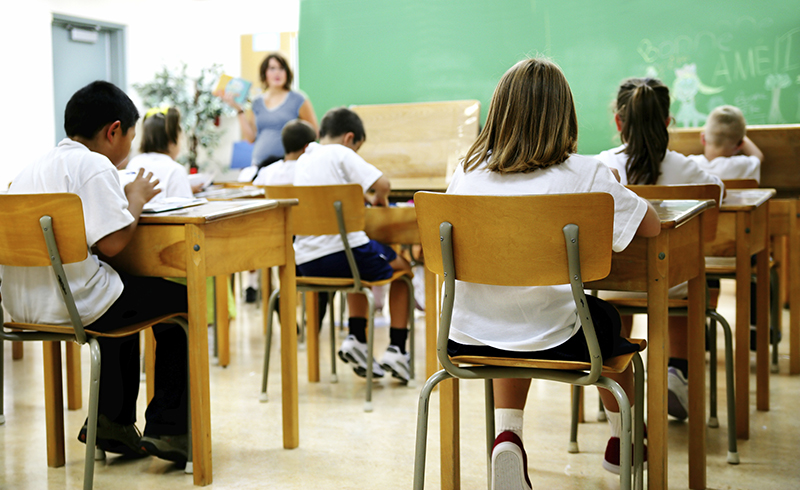
Western Australia has been highly successful at containing community spread of COVID-19 to date. With the number of new cases very low, the reopening of schools for Term 2 and easing of some social restrictions has seen public confidence grow. However, we cannot be complacent.
The State Government has committed to increased testing throughout the community, including those who show few or no symptoms in order to determine whether positive cases are going undetected.
As we navigate the next phase of the COVID-19 pandemic in Western Australia, we need to better understand risk and transmission in schools, so we can ensure they continue to be a safe environment for staff and students. We also need strategies to manage and mitigate the psychosocial impact the pandemic is having on our children and community.
The State Government is partnering with The Kids Research Institute Australia in a study to learn more about undetected COVID-19 infection among school students and staff without symptoms and get a greater understanding of any role schools play in the transmission of the disease.
The study will comprise three projects:
1. School-Based COVID-19 Asymptomatic Testing
This project is designed to provide immediate evidence of asymptomatic infection, if any in our schools, and the evidence to inform the government’s policy making surrounding schools.
Random sampling of consenting staff and students across forty representative schools in Western Australia will be carried out on a monthly basis, for up to 6 months, via non-invasive nasal and throat swabs.
2. Tracking Transmission in Schools
If at any stage a case of COVID-19 is detected within a school anywhere in WA, in addition to standard Public Health and Department of Education responses, testing protocols within that school will increase immediately. Led by Public Health, any contacts of the positive case (classmates, teachers etc) will undergo two or three COVID-19 tests across two weeks, irrespective of symptoms, as well as keeping a daily symptom diary. By doing this, we will gain insight into the role, if any, that schools play in the transmissibility of COVID-19 – student to student, between students and staff, and the wider community via household members and other non-school contacts. This protocol will help us better understand and ultimately prevent the transmission of COVID-19 in a school environment.
3. Psychosocial Impact of COVID-19
Importantly, research will also be undertaken to identify the emerging psychosocial impact of COVID-19 on WA children, their families and staff. The study will look to provide an understanding of (i) how the COVID-19 outbreak and resulting social interventions are impacting the physical, social, and emotional wellbeing (e.g. sleep, anxiety, loneliness, and physical activity); (ii) the level of perceived risk of COVID-19 infection experienced by students, their teachers, and parents; (iii) how the COVID-19 social interventions are impacting students’ education and learning and schools’ operations; and (iv) how students, school staff and parents feel about the COVID-19 testing itself.
Data will be collected via a 15-minute survey from Year 4-12 students, their teachers and parents, Kindergarten to Year 3 parents and teachers, and principals and / or members of each school’s executive team. Surveys will reflect different developmental capabilities and educational settings across the year groups.
This research will not only provide valuable insight into impact COVID-19 is having right now on the physical, social and emotional wellbeing of our children and community but will assist in developing strategies to address long-term mental health and wellbeing.
Subject to ethics approvals, we hope to commence the study in mid-late May.
This is a partnership between the Departments of Health and Education and The Kids Research Institute Australia. Participation will be voluntary.
